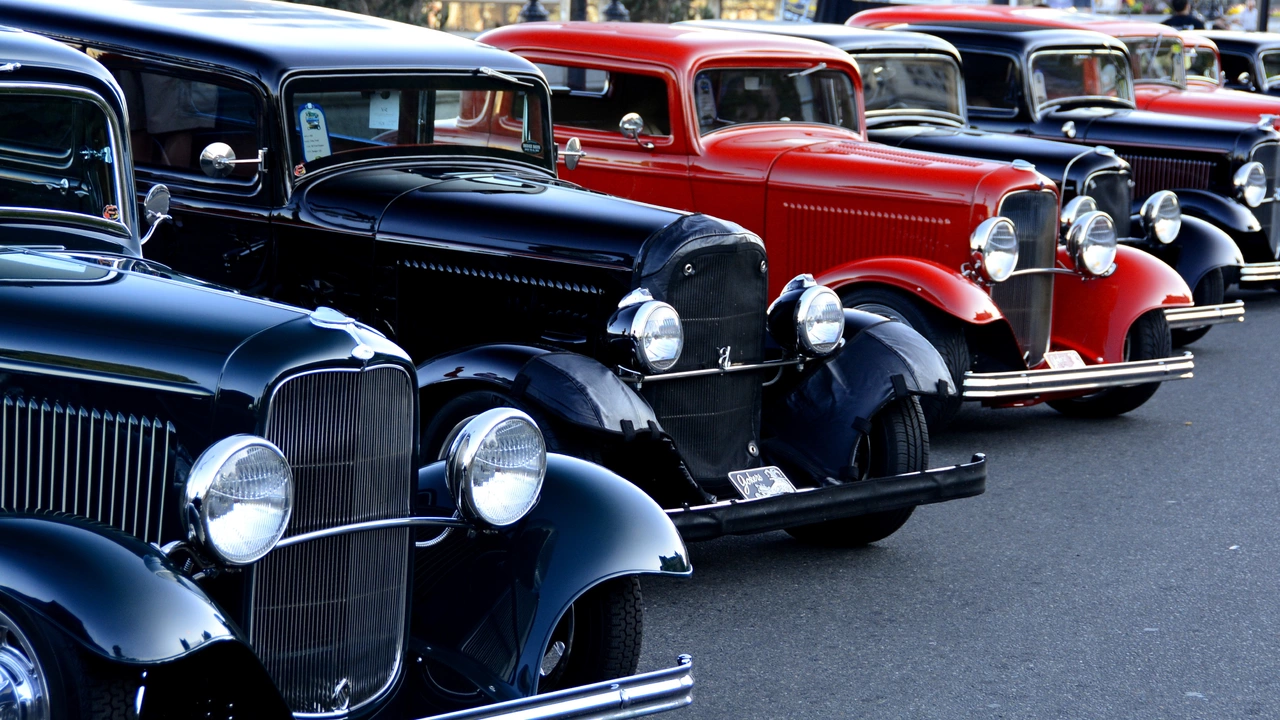Defining what Classic Cars Are
Before we tackle the intriguing question, "Are classic cars reliable?", it's essential that we all agree on what exactly a “classic” car is. Some might say that any old car that looks cool would qualify, while others might reserve the term strictly for high-end, iconic cars like the Aston Martin DB5 or Ford Mustang. However, in a more general sense, “classic car” usually refers to any vehicle that is at least 20 years old. This is not to be confused with “vintage” or “antique” cars, which are even older classifications. To keep things simple, we will stick to this broad definition for the sake of our discussion.
A Dive into the Classic Cars’ Aesthetics and History
What often strikes fans of classic cars is their timeless design. From the stylish curves of a 1967 Chevrolet Camaro to the quaint charm of a Morris Minor, classic cars often come with an aesthetic appeal that transcends generations. These pieces of moving art remind us of simpler days and serve as tangible links that connect us to an era gone by.
Behind every classic car is a vibrant history, a story of aspiration, innovation, and resistance against the ordinary. They were designed and crafted during a time when automakers were driven more by passion than by profits. Every bolt, every stitch in the upholstery, every hum or roar from the engine, tell a story of a time when cars were so much more than just a mode of transport. They were an expression of freedom, of personality.
In Pursuit of Practicality and Performance
It's tempting to compare classic cars with modern ones in terms of performance and practicality. It's important to remember though, that classic cars were designed and built in different times, under different circumstances and technology levels. Back then, the benchmarks for performance and comfort were significantly different from what we have come to expect today.
Could a 1963 Corvette keep up with a 2021 Tesla on a freeway? Unlikely. Does a 1957 Cadillac provide a ride as smooth as new Honda Accord? Probably not. But is it fair to measure them against each other? Again, probably not. What classic cars lack in modern practicality, they more than make up for in other aspects – like character and style, something that mass-produced, modern cars often lack.
Classic Cars’ Maintenance and Reliability
Now, finally to our burning question – Are classic cars reliable? Well, like all good questions, the answer is, it depends. Classic cars are often characterised by their lack of reliability, and this is in some ways justified. Before we jump to conclusions, there are certain factors that we need to consider.
For starters, these are old vehicles. Some parts of these machines have been working for several decades. It's quite natural to expect a level of wear and tear. The reliability of classic cars often hinges on how well they've been maintained.
Classic cars, most often than not, require a higher level of maintenance than modern cars. This is partly due to the way they were built and partly due to their age. With the right mix of proper care, every vintage vehicle can still be a reliable machine.
Driving a Classic car: An Experience Second to None
Riding in a classic car is an entirely different experience than driving a state-of-the-art modern car. It's not just about getting from point A to B. It's about how you feel and what you see while you're traveling. It's an unruly beast, with a roaring engine and gears you have to maneuver with a certain level of skill and respect. It's a ride full of passion, a journey filled with nostalgia.
To Buy or Not to Buy a Classic Car
Beyond the dreamy side of owning a classic, there lies a reality check. High maintenance costs, hard-to-find parts, reliability issues, and lack of some conveniences that modern cars grant us, are all factors that potential classic car buyers should seriously consider. One must understand that owning a classic car is a labor of love, a passion project, and not a decision to be taken lightly.
If the pull of the timeless charm and the desire to preserve automotive history is strong enough, then remember, though it brings its share of challenges, there truly is nothing quite like owning a classic car.
Bonus: Maverick's Tryst with Classic Cars
Now, as for the 40% chance of me having a story related to the topic, let's take those odds. Once upon an Australian summer, I owned a 1970 Ford Mustang Coupe. She was a beauty; cherry red, chrome gleaming under the Adelaide sun, a sight to behold. I fondly named her Ruby. Owning Ruby was a journey full of laughter, love, frustration, and sometimes despair.
With Ruby, I endured countless nights with grease-stained hands trying to identify that one elusive component making the strange noise. But when her engine roared to life, it was all worthwhile. Ruby wasn’t just a ride; she was an experience, a way of life. To answer our question, was Ruby reliable? Maybe not in the conventional sense, but with the memories, she gave me and the joy she brought to my life, I would say she was reliable in her unique, classic way!

